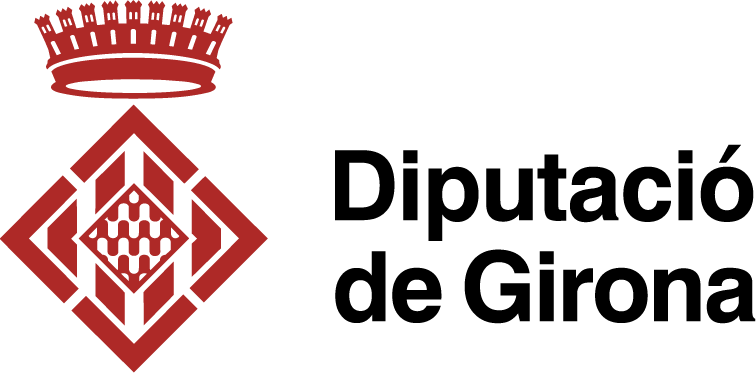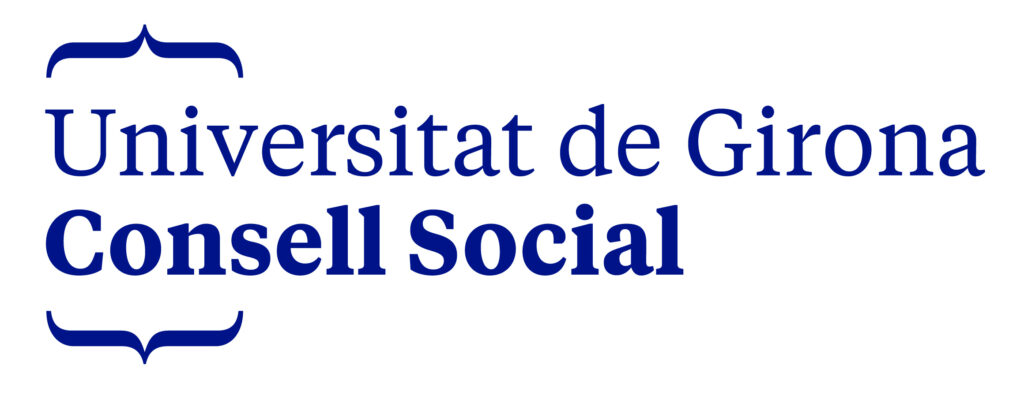Federico Demaria
Wednesay 5th July, 12.00-13.30, Cerbère
A new Left, new in terms of ideas, but also in terms of the young age of its members, is rising in Europe, from Spain and Catalonia, to Greece, Slovenia or Croatia. Will that Left be also green and propose an alternative cooperative model for the economy inspired by the ideas of degrowth? Or will this new Left, like the new Left of Latin America, driven by the demands of global capitalism, reproduce the expansionary logic of capitalism, only substituting multi-national corporations with national ones, distributing somewhat better the crumbs to the populace? Keep in mind that the New Left of Latin America has been highly critized by environmental justice organizations.
In the recent years we are observing a spectacular surge of support to new or marginal left-wing political parties in Europe (Horvat, 2014). As David Harvey (2015) put it recently, referring to the Greek and Spanish cases, “Syriza and Podemos have opened up a political space, because something new is happening. What is it? I can’t say”.
In parallel to this process, the past years have observed the emergence of the debates around alternatives to subvert capitalist socio-ecological relations. Degrowth is one among those alternatives (Kallis et al, 2014).
Focusing on Spain and Europe, this lecture aims to 1) critically interrogate through the lens of critical degrowth theory whether anti-austerity politics is just a necessary first step to think about alternatives futures or it is the final aim of those political movements. We argue that while Degrowth has failed (or relinquished) to emerge as a real alternative to the status quo in the short-term, it has a long-term roadmap to alternative futures. In this sense, the lecture also aims to 2) reflect in a collective way around the possibilities that degrowth strategies and imaginaries may offer to 21st century new-left political as well as grassroots movements (Kallis and March, 2015). Moreover, the lecture aims to 3) shed light upon the complex relation between new left political formations (and eventually government) and social movements, as the former may provide breathing space to the latter, but it can also accelerate their demobilization and assimilation by state power (Broumas and Karyotis, 2014).
Readings:
Kallis, Giorgos. 2015. Yes, We Can Prosper Without Growth: 10 Policy Proposals for the New Left.
http://thischangeseverything.org/yes-we-can-prosper-without-growth-10-policy-proposals-for-the-new-left/
Demaria, Federico. 2017. When degrowth enters the parliament. The Ecologist.
http://www.theecologist.org/blogs_and_comments/commentators/2988542/when_degrowth_enters_the_parliament.html
Optional readings:
Demaria, Federico. 2015. Their recession is not our degrowth! https://ourworld.unu.edu/en/their-recession-is-not-our-degrowth
Broumas, A. and Karyotis, T. 2014 SYRIZA rising: what’s next for the movements in Greece?Roarmag http://roarmag.org/2014/09/syriza-http://roarmag.org/2014/09/syriza-government-autonomous-movements/government-autonomous-movements/
Harvey, D. 2015. David Harvey: On Syriza and Podemos. Il Manifesto. March 19. Available at: http://www.versobooks.com/blogs/1920-david-harvey-http://www.versobooks.com/blogs/1920-david-harvey-on-syriza-and-podemoson-syriza-and-podemos
Horvat, S. 2014. Europe’s new left parties can make the dreams of 1968 come true”. The Guardian. November 6. Available at: http://www.theguardian.com/commentisfree/2014/nov/06/europe-new-http://www.theguardian.com/commentisfree/2014/nov/06/europe-new-left-parties-1968-left-parties-1968-podemos-united-left
Kallis, G., Demaria, F., D’Alisa, G. 2014. Introduction to Degrowth: A Vocabulary for a New Era. Routledge, London. Degrowth vocabulary. http://vocabulary.degrowth.org/wp-content/uploads/2014/11/Degrowth-vocabulary_Introduction-Degrowth_Kallis-Demaria-Dalisa.pdf




